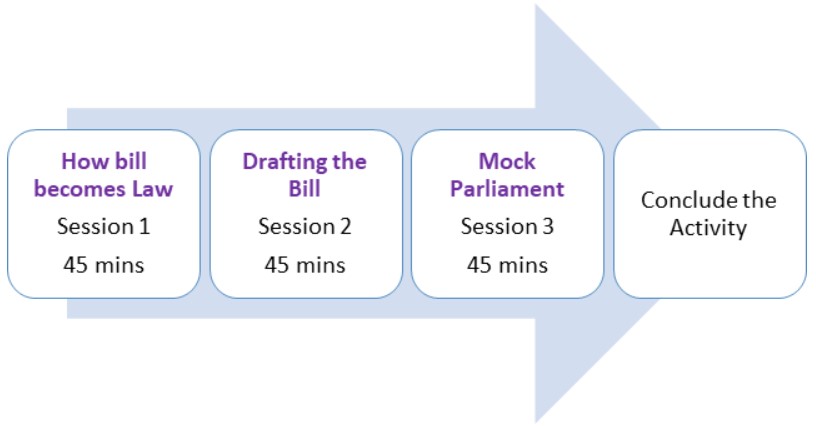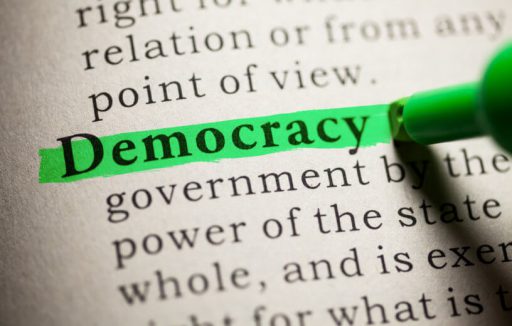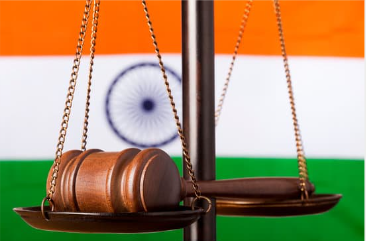

Goa Higher Secondary-Mock Parliament (SESSION 1)
OBJECTIVES
- To experience the parliamentary process to pass any bill related to school level policies.
SKILLS
Leadership, Communication, Research, Collaboration
VALUES
Equity, Fairness
MATERIAL REQUIRED
Notebook, pens.
PRE-ACTIVITY PREPARATION
- Ask any one student to copy Annexure 1 on Board in same order.
- Ask students to research about the parliamentary process to pass the bill in India
MAIN ACTIVITY
1. Teacher will begin the session by introducing the Actizen Club in brief. Tell them that since 12th Grade is the senior most class and they need to take role of ACTIZEN leaders for others to follow.
2. Ask them about their understanding of parliament, bill, Act, etc.
3. Tell them, During the 1960’s, it was that women in our country were subjected to lot of abuse at home at hands of partner, and there were no specific laws limited to these kinds of cases. A need was felt to address these issues that women in Indian society were facing. So, to protect the women from Domestic Violence - The Protection of Women from Domestic Violence Act came into being in 2005. Now, how did these efforts that started about 1970s became an Act (Law) in 2005 – let us explore this example’s journey to understand steps of how bill becomes a law.
4. Show them the sentences/steps (given in Annexure 1) on board – these represent the journey of how this draft bill became an Act. Basis this in pairs, order the steps and conclude the process how a bill becomes a law.
5. Tell students they will get 15 mins to order the sentences and deduce the steps of how bill becomes a law from it.
6. Invite different students to read out the steps one by one and conclude the steps of how a bill becomes a law with help of this example. (Teacher will correct the order if needed – refer Annexure 2)
7. Divide the class into four groups. Two groups will work on same topic but in different teams. In this manner, the class will work on drafting two bills out of the following –
- Energy Conservation Bill
- Anti ragging bill
- Cleanliness in school bill
- Any other topic that students feel is need of school, they can take that in approval by teacher.
8. Each group will divide their responsibilities to research for drafting the bill in next session. Ask students to select one group leader, research on existing policy in school for the chosen topic and check points to collect facts to draft the bill
9. The teacher will ask these questions & summarize the key learning points.
- What did you learn from the activity?
- What is the difference between a law and a bill?
Key Learnings –
- A bill, also known as a draft act of Parliament, is a proposed law that has not been passed yet. Once passed by both Houses of Parliament (Lok Sabha and Rajya Sabha) and approved by the President, it becomes a Law.
DESH APNAYEN WALL
For this activity, the following can be updated by office bearers on the wall.
- Flow of law-making process.
- Group work by students (2 photos)
POINTS TO NOTE
- All students will ensure they did pre-preparation prior to session 1.
ACTIVITY PHOTOS TO BE SHARED
For activity photos to be shared to engagement officers, please share clear pictures of
- Desh Apnayen Wall (2 photos)
ANNEXURE
Annexure 1: Example – to be written on Board
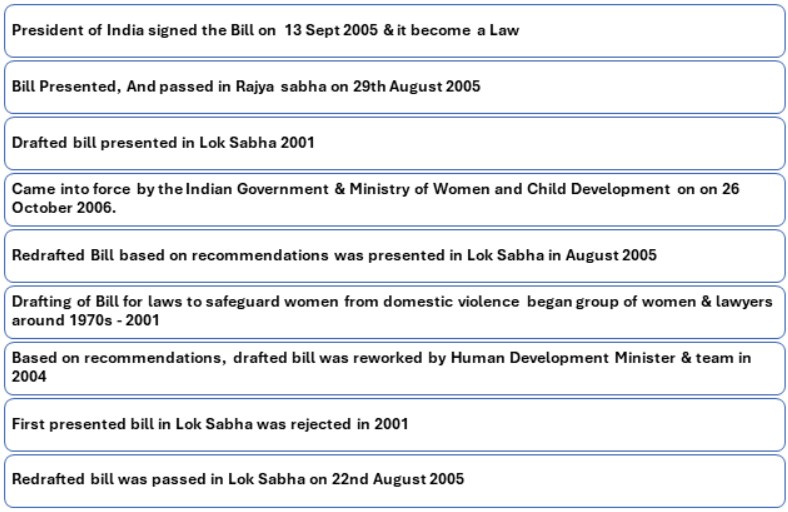

Annexure 2:
Example - Correct flow & Steps of how Bill becomes a Law
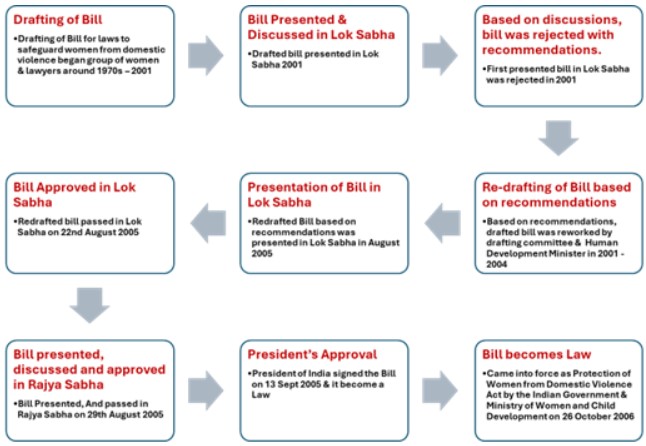

References



